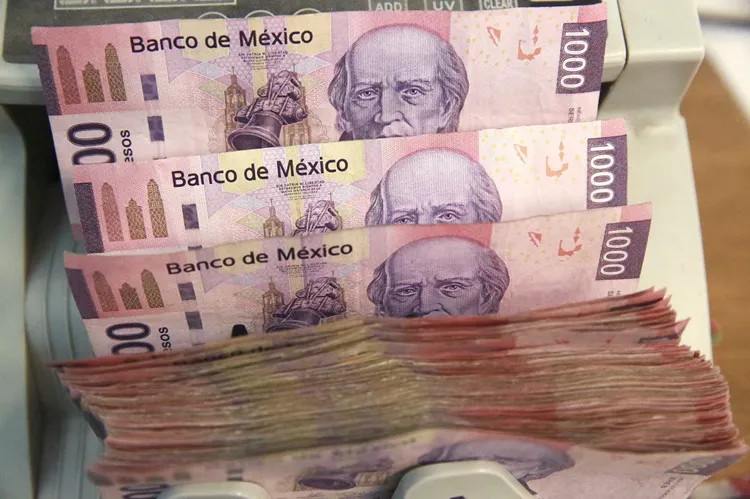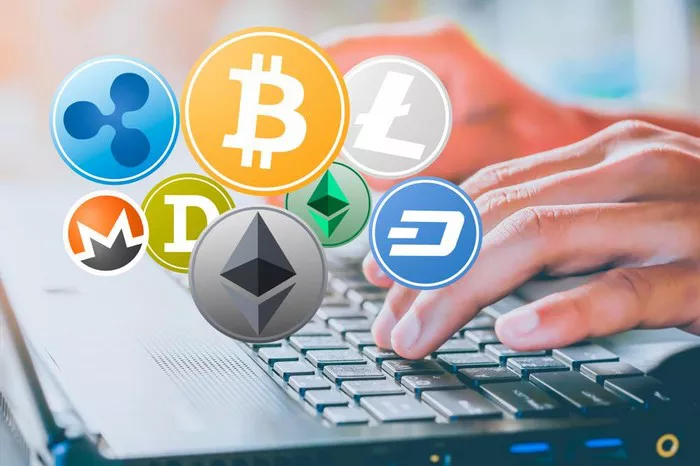Bitcoin is evolving rapidly, and it could surpass gold in market capitalization by the end of 2025, according to Bitget CEO Gracy Chen.
Bitcoin’s Market Growth Potential
In a recent discussion with Rob Nelson on Roundtable, Chen highlighted how the cryptocurrency market is transforming. This change is driven by increasing institutional adoption, evolving regulations, and new use cases for digital assets.
Chen confidently stated, “Bitcoin will definitely surpass gold in terms of market cap, at least for a while, maybe in this year or the next few years.” She added that this shift could mean Bitcoin’s price may grow two to three times its current value.
As of now, Bitcoin’s market capitalization is around $1.87 trillion, with Bitcoin (BTC) trading at approximately $94,210. In comparison, gold’s market cap is estimated at $19.9 trillion, based on a price of $2,963 per ounce and global gold reserves.
For Bitcoin to match gold’s market cap, it would need to grow by about 965%—roughly 10.65 times its current market value.
Bitcoin’s Evolving Role in the Financial Landscape
Chen also discussed how Bitcoin’s role has shifted over time. Initially seen as “digital gold,” Bitcoin was regarded as a safe-haven asset. However, with the approval of spot Bitcoin ETFs in 2024, it has become more correlated with traditional financial markets.
“In the early days, Bitcoin was considered digital gold. Right now, it’s still digital gold in my opinion,” said Chen. “But now it’s more of a risky asset, and it correlates much more with the US stock market than before.”
Chen believes institutional adoption has been a key factor in this shift. “There are much more incoming flows from the traditional finance space through ETFs,” she explained. “After 2024, the majority of the growth will come from the US, driven by ETF inflows, outflows, and new regulations under the current administration.”
Blockchain’s Potential Beyond Cryptocurrency
Despite the volatility of the cryptocurrency market, Chen remains optimistic about blockchain’s broader applications. She emphasized how blockchain is already enhancing efficiency, particularly in payments.
“Compared to traditional payment systems, especially for cross-border transactions, using blockchain is much easier, cheaper, and more efficient,” she said.
Chen also sees potential for blockchain in the field of artificial intelligence (AI). However, she cautioned that many of today’s so-called “AI tokens” in the crypto space are unsustainable.
“In the Web2 world, we see companies like SIK from China, ChatGPT, and Google’s Gemini innovating with real-world use cases,” she noted. “In crypto, we need to see similar use cases for AI to demonstrate blockchain’s true value.”
As blockchain technology continues to evolve, it is likely to play a significant role in transforming industries beyond just cryptocurrency trading.
Related topics:


























